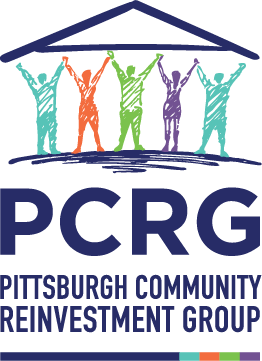On February 9, 2023, the Department of Housing and Urban Development (HUD) published a Notice for Proposed Rulemaking for Affirmatively Furthering Fair Housing, a statutory mandate under the Fair Housing Act. This rule directs HUD to ensure that all program participants who receive HUD funding (as well as all executive agencies and departments of the federal government) proactively take meaningful actions to overcome patterns of segregation, promote fair housing choice, eliminate disparities in opportunities, and foster inclusive communities free from discrimination. [1]
This rule seeks to reinstate portions of the Affirmatively Furthering Fair Housing rule issued by the Obama Administration, which the Trump Administration halted implementation of in 2018 and formally rescinded in 2020, while streamlining the submissions required by program participants and enhancing transparency and oversight by ensuring plan submissions are made public.[2] Historic discrimination, redlining, and other systemically unequal housing policies continue to leave an Allegheny County that is divided among race and class. Furthermore, a significant number of very-low and extremely-low income households remain cost-burdened despite living in what is nominally called one of America’s most affordable cities.
What this means for You
The new rule seeks to employ seven core areas of analysis for HUD program participants. These issue areas are meant to identify barriers to Fair Housing issues and propose mitigation efforts with regards to: 1) demographics of protected classes within the locality, 2) issues of segregation and integration, 3) Racially or Ethnically Concentrated Areas of Poverty (R/ECAPS), 4) access to community assets, 5) issues related to affordable housing opportunities, 6) issues related to access to homeownership and economic opportunity, and 7) additional local policies and practices that impact fair housing.
HUD is requiring program participants to meet with residents and local-knowledge experts, such as fair housing and community development organizations, to identify these seven areas through multiple potential comment mediums. This process includes new transparency and accountability measures, allowing residents to follow along with the submission and acceptance/rejection of a plan by HUD, with a first-of-its-kind opportunity to submit public comments and complaints to the HUD regarding a program participant’s Equity Plan. The rejection of an Equity Plan by HUD could result in a program participant losing all of their HUD allocation dollars.
Take Action Now!
While PCRG does have some concerns regarding HUD’s decision to remove some areas of analysis in its streamlining of the rule, we believe that the overall focus on community driven plans through robust civic engagement, with additional technical support from HUD, should yield higher quality and more enforceable plans. Read more about PCRG’s comments to HUD regarding the Notice of Proposed Rulemaking at the link below.
If you support the PCRG’s comments to HUD regarding the Affirmatively Furthering Fair Housing rule, make sure to sign on to our comment letter using the form below. The deadline to submit comments has been extended to April 24, 2023 by 11:59PM. PCRG is seeking additional signatures to our letter by the close of business on Friday, April 21, 2023.

